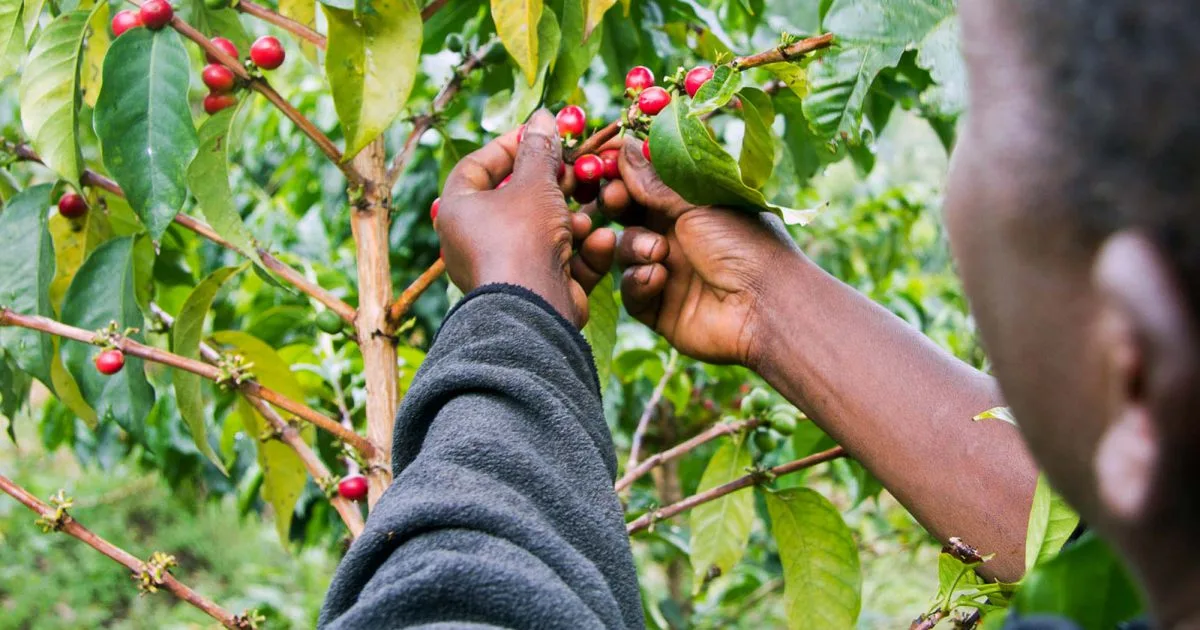Coffee farmers affiliated with the Gikanda Coffee Cooperative Society in Mathira, Nyeri County, have voiced strong opposition to proposed reforms that
Coffee farmers affiliated with the Gikanda Coffee Cooperative Society in Mathira, Nyeri County, have voiced strong opposition to proposed reforms that would require payments to be made directly to their mobile phones following coffee auctions.
During their annual general meeting, chaired by John Ngure, the farmers expressed concerns that such a payment method could undermine their financial stability. They argue that receiving payments in smaller increments would limit their borrowing capacity with Savings and Credit Cooperative Organizations (SACCOs) and other financial institutions.
“We are firmly against this payment system,” said Samuel Ruiru, a representative of the farmers. “Our goal in farming is to receive a lump sum at the end of the financial year. If payments are made in bits through mobile phones, it could devastate the industry by diminishing our borrowing power.”
Ruiru further noted that many farmers rely on their status as shareholders in SACCOs to secure loans based on their anticipated produce. He questioned how these cooperatives would recover their funds if payment structures were altered.
Ngure added that the proposed changes would hinder cooperative societies’ ability to procure essential farm inputs, such as fertilizers, since they would lose control over payout management.
“If this reform is implemented, our societies won’t be able to obtain vital resources for our farmers, as our borrowing power would be significantly eroded,” Ngure explained.
Last year, Cabinet Secretary for Cooperatives Wycliffe Oparanya mandated that farmers receive payments based on crop sales through a direct sales settlement system. This system aims to transfer funds directly to farmers’ mobile phones, seeking to eliminate corruption in the payment process.
Oparanya expressed concerns that traditional payment methods, which often involve board members declaring payments, are susceptible to corruption and theft of farmers’ money.


COMMENTS